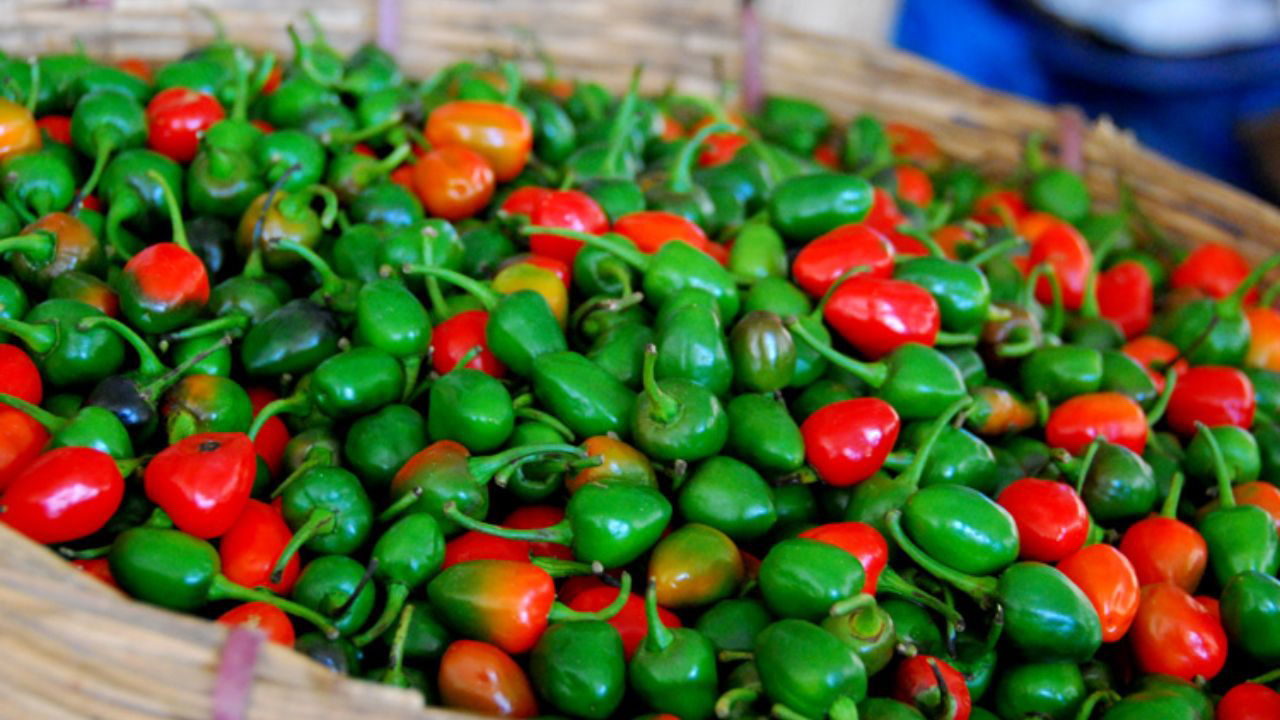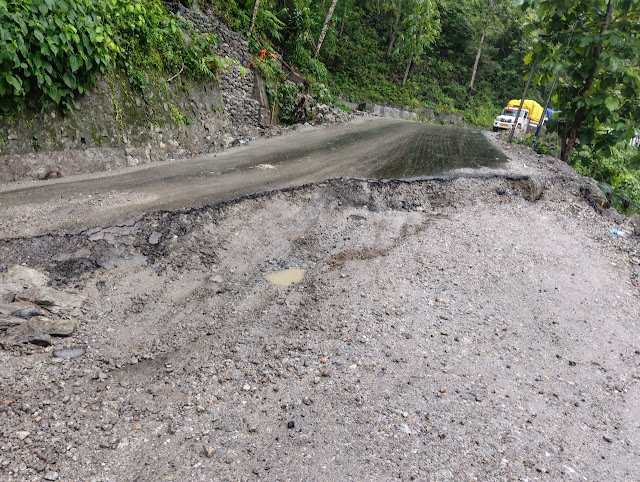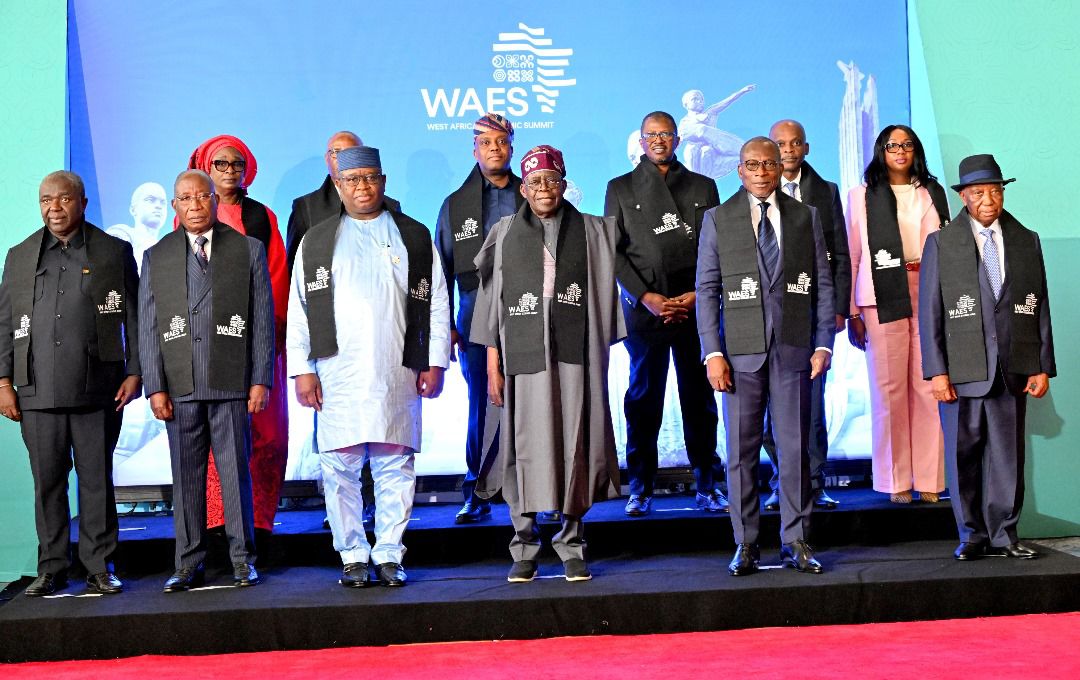The flag-off ceremony was attended by several senior government officials, including Secretary of the Horticulture Department, Government of Sikkim, Tilak Gazmer; Principal Director B.L. Dahal; Mevedir Manager Sailesh Sherpa; COO Renzino Lepcha; and HoD Sanjay Gupta, along with representatives of the Spices Board and local dignitaries. The event marked another milestone in the state’s efforts to place its unique produce on the global map.
Recognized as one of the hottest chillies in the world, Dalle Chilli—also known as Dalle Khursani or Fire Ball Chilli—has gained increasing prominence for its pungency, bright red hue, and rich nutritional value, including high levels of vitamins A, C, and E, as well as potassium. It is a distinctive agricultural product grown in Sikkim, protected under a Geographical Indication (GI) tag granted in 2020 by the Department for Promotion of Industry and Internal Trade (DPIIT), under the Ministry of Commerce and Industry.
The recent consignment was part of a larger initiative supported by the Agricultural and Processed Food Products Export Development Authority (APEDA) under the Ministry of Commerce and Industry. The processed chilli was prepared at an APEDA-funded Integrated Pack House developed by the Department of Horticulture, Sikkim. Of the 15,000 kg of fresh chillies procured by Mevedir from farmers and Farmer Producer Organizations (FPOs) in South Sikkim—including areas like Tinkitam and Tarku—around 9,000 kg were dehydrated and 6,000 kg preserved for future processing. The dehydration process, which has a recovery rate of 12.5%, saw 1,600 kg of fresh chillies yielding 200 kg of export-grade dehydrated chilli for this shipment.
The economic benefits of this export initiative are already evident. Farmers participating in the supply chain have received premium rates ranging between ₹250 and ₹300 per kg—significantly higher than the standard ₹180 to ₹200—underscoring the importance of GI certification and market access. Principal Director B.L. Dahal hailed the development as a matter of pride and encouragement for local cultivators, adding that approximately 5 kg of fresh chilli is required to produce 1 kg of dehydrated product.
The success of Dalle Chilli in international markets is rooted in a collaborative effort between multiple stakeholders. The Government of Sikkim, led by Chief Minister Prem Singh Tamang and Agriculture and Horticulture Minister Puran Gurung, has consistently advanced policy interventions and targeted marketing strategies to promote the state’s organic produce globally. These efforts have been further bolstered by initiatives under the Mission Organic Value Chain Development for North Eastern Region (MOVCD-NER), a central government scheme aimed at enhancing organic farming and sustainable agriculture in the region.
APEDA, in collaboration with its regional office in Guwahati and the Agriculture Department of Sikkim, played a central role in facilitating the export by ensuring compliance with international standards and connecting producers with buyers. The Solomon Islands buyer, introduced to Sikkim’s chilli during its international debut in Singapore in 2023, opted for direct procurement this year—marking a strategic shift from earlier indirect trade routes and reinforcing trust in India’s organic supply ecosystem.
The growing recognition of Dalle Chilli has not gone unnoticed at the highest levels. Prime Minister Narendra Modi, during a public address in Bagdogra, highlighted the unique status of Sikkim’s Dalle Chilli, stating that the North East holds the key to India’s vision of a sustainable, health-focused agricultural future. He noted that GI tagging is more than a label—it is a transformative tool that unlocks markets and ensures economic prosperity for farmers and artisans alike.
The continued success of Dalle Chilli exports is expected to elevate Sikkim’s standing on the global spice map, expanding opportunities for its organic agriculture sector. With favourable climatic conditions, rich soil, and robust policy support, the state is well-positioned to emerge as a major player in the international spice industry. The second export to the Solomon Islands is not just a commercial achievement—it is a testament to India’s growing footprint in the global organic food market and a shining example of sustainable rural development through agri-exports.








